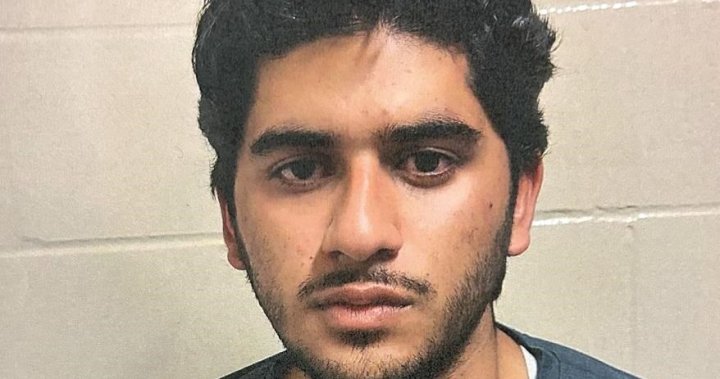Court documents in the case of Muhammad Shahzeb Khan, a Pakistani man arrested in Quebec for an alleged plot to kill Jews in New York City, reveal that the RCMP did not have enough evidence to hold him in Canada. Khan, who was residing in Ontario, was arrested by the RCMP in Ormstown, Que., as he allegedly prepared to cross the border into the United States. U.S. officials have charged him with attempting to provide material support to a terrorist organization, specifically the Islamic State, and are seeking to have him extradited to stand trial in New York. Authorities allege that Khan intended to carry out a mass shooting at a Jewish center in Brooklyn in support of ISIS.
The RCMP had grounds to arrest Khan based on information provided by the U.S., but feared they did not have enough evidence to keep him detained in Canada. Khan was living in Mississauga, Ont., and arrived in Canada in June 2023 on a student visa. Police in Quebec arrested Khan after receiving information from Ontario counterparts that he was planning to cross the border with the help of a human smuggler. Khan was charged with three terror-related offenses, but there was not enough evidence to keep him detained, leading to concerns that he may be a flight risk with no ties to Canada.
Authorities feared that if Khan were released, he may continue on to the U.S. to commit the offenses outlined in the extradition request. The Canadian Justice Department authorized the request for an extradition-linked arrest warrant, stating that there were no charges pending against Khan in Canada. Although Canadian law enforcement was attempting to gather more evidence related to the arrest, Khan would be released if those efforts were not successful. There were concerns that if Khan fled to Pakistan, it would limit the United States’ ability to extradite him, as Pakistan is not considered a cooperative partner in extradition.
U.S. officials allege that Khan began planning his attack in November 2023, at the same time he started posting on social media and communicating with others about his support for ISIS. He allegedly distributed propaganda and literature about the terror group and communicated with undercover officers who posed as individuals willing to assist him in carrying out his plan. Khan implored the officers to buy weapons for the plot, even mentioning that it would be the largest attack on U.S. soil since 9/11. Khan is not facing any charges in Canada at the moment, and his extradition case was postponed until December 6.
Under extradition rules, the U.S. has 60 days from the arrest to file evidence, and Canada has an additional 30 days to decide whether to allow the extradition. Despite the serious allegations against Khan, there is a lack of evidence to keep him detained in Canada, leading to concerns about his potential flight risk. The case highlights the complexities of international extradition and the challenges in prosecuting individuals involved in terrorist activities across borders. The investigation into Khan’s alleged plot to commit a mass shooting in support of ISIS at a Jewish center in New York City continues, with authorities working to gather more evidence to support the extradition request.













